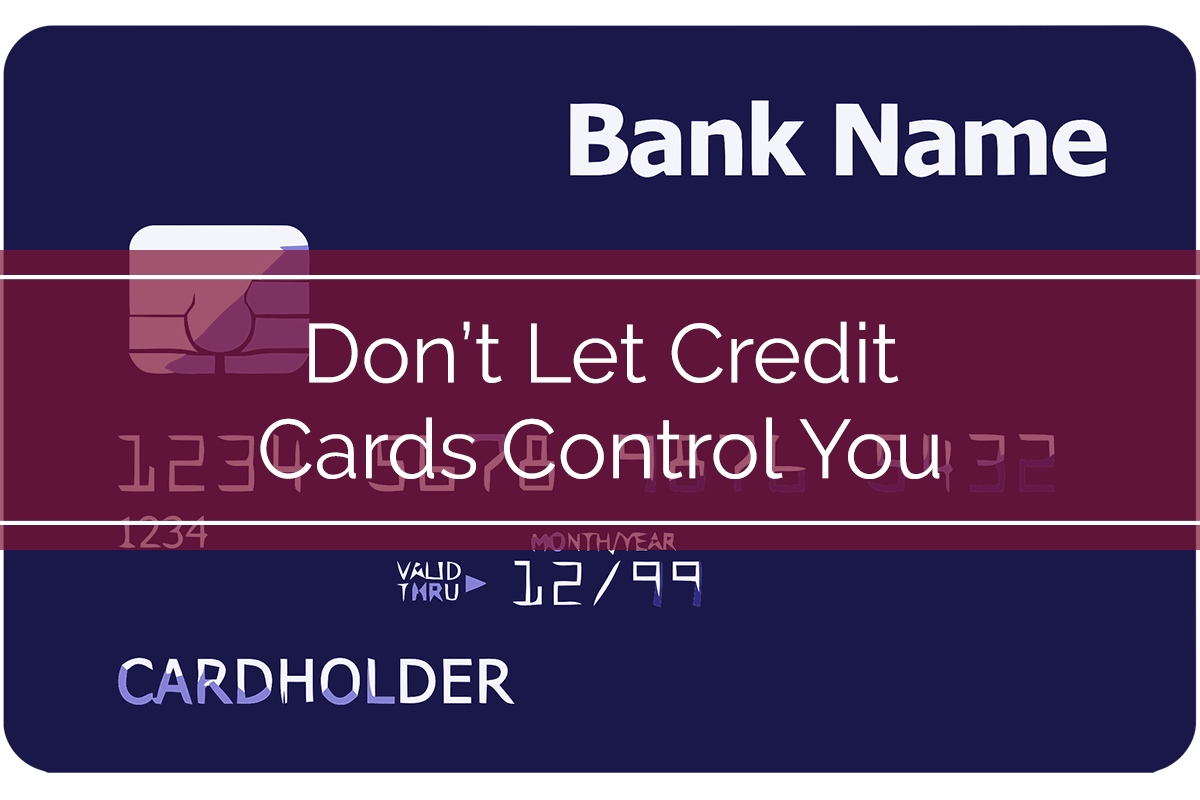
02 May Don’t Let Credit Cards Control You
In 2015, the average household held $15,762 in credit card debt. That is an overwhelming amount of debt to have on your plate month after month. With this being the average amount of credit card debt, it’s easy to see where credit cards get a bad name. The truth is–if you’re responsible with your cards–credit cards are an essential part of building credit and learning to be financially savvy.
When used correctly, credit cards can help you significantly increase your credit score and help you earn cash back and other credit rewards. Don’t let credit cards and credit card debt control you: learn how to correctly manage your credit card spending.
1. Set up automatic payments.
Missing a payment can cause hefty late fees and a serious hike in your interest rate (even in the area of 29.99%). To eliminate the possibility of this happening, set up an automatic payment each month for the minimum payment to ensure that you never miss it. Even if you’re religious about sitting down and paying your bills at the same time every month, you never know when an emergency could come up causing you to miss your payment.
2. Treat your credit as debit.
One of the biggest problems that people have with credit cards is treating them as “extra money.” This mindset can get you into trouble and cause you to overspend until you have an uncontrollable amount of credit card debt. Instead, treat your credit as debit–do not charge more than you can pay off every month. Even if you have a rewards card, keeping a revolving balance month to month will pretty much deplete any chance of using those rewards.
3. Know your terms like the back of your hand.
Before you ever sign up for a credit card, read and all but memorize the fine print. Many credit card offers are tempting, like 0% APR or 3% cash back, but at what cost? The national average interest rate for credit cards is around 15%, with many rates ending up much higher than that. Don’t get yourself into a situation that will cause you more financial stress than relief.
4. Limit your credit cards.
Some people know what they’re doing well enough to work their rewards, transfer balances, and never bat an eye. If you’re not quite at that level, or if you’re struggling to control your spending, make sure that you limit yourself to only one credit card. Check out a reward-rich credit card and focus on racking up rewards and paying your balance off each month.
5. Use your rewards.
According to a recent study, around $16 million in rewards go unused every year. If you’re gaining rewards from using a credit card, make sure that you’re cashing those in. Read your terms of service to understand exactly how your rewards work, how to use them, and how to make sure that you don’t let them expire.
Credit cards and credit card debt do not have to control you. Learn how to use your credit cards responsibly so that you can control your personal finance and credit.





No Comments